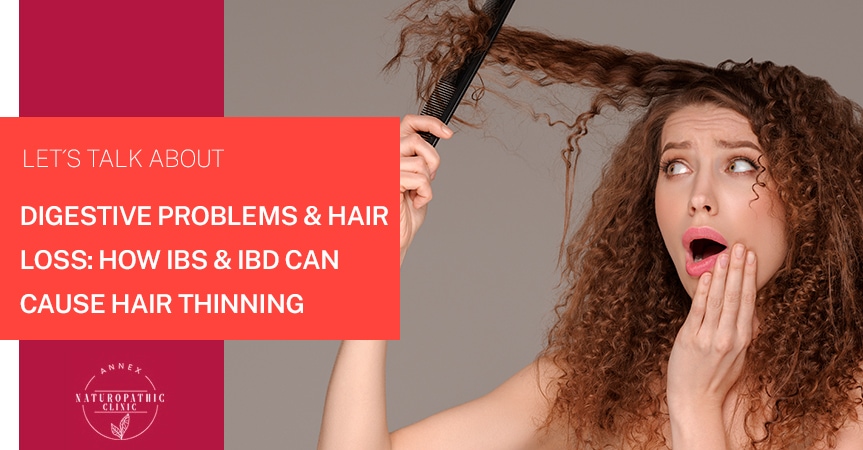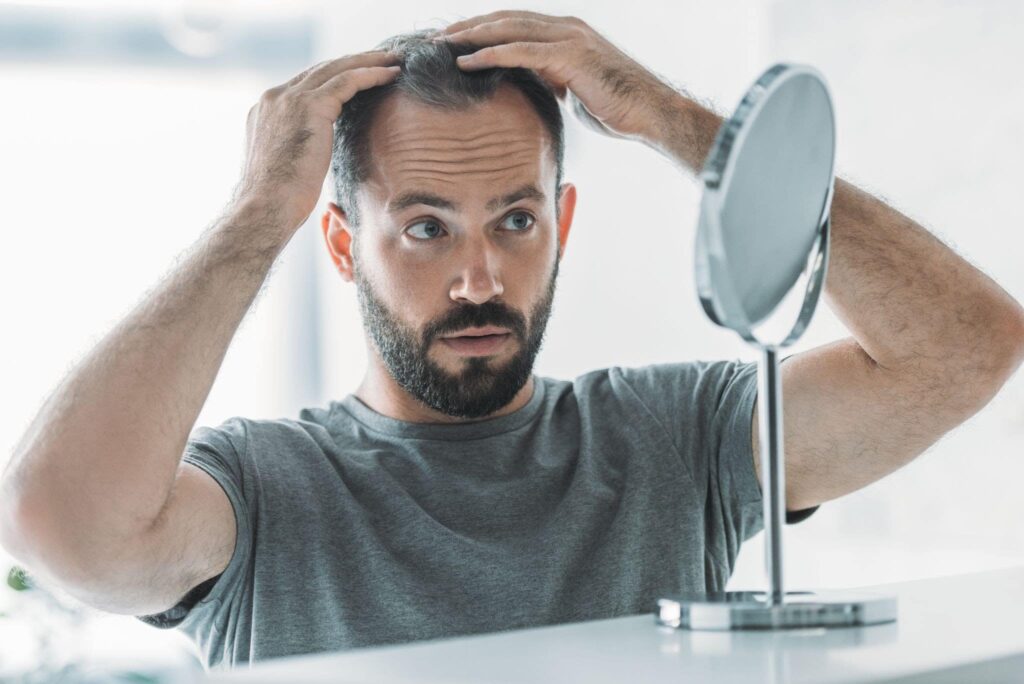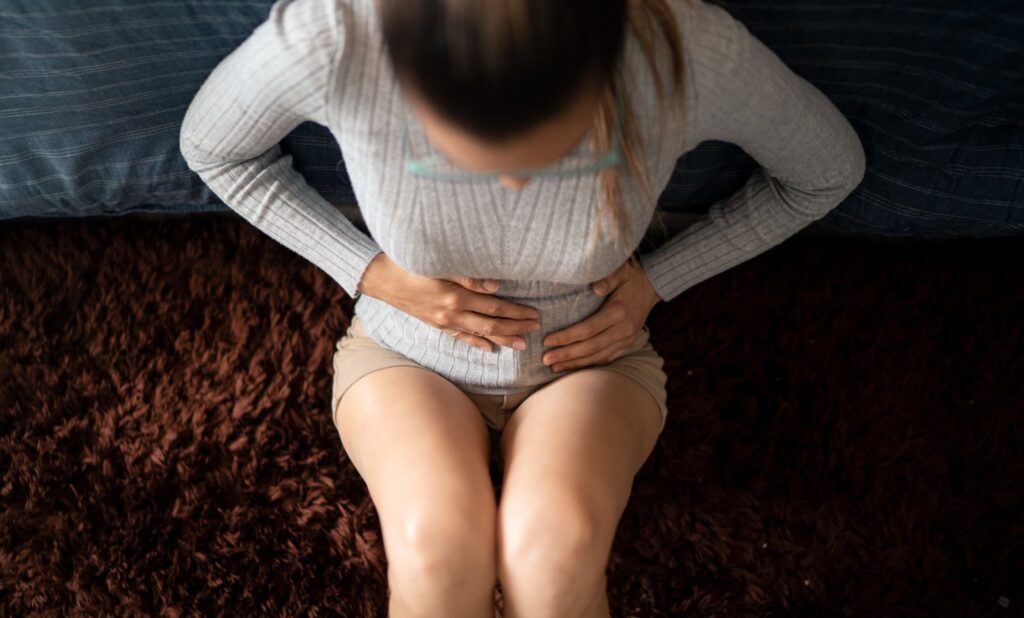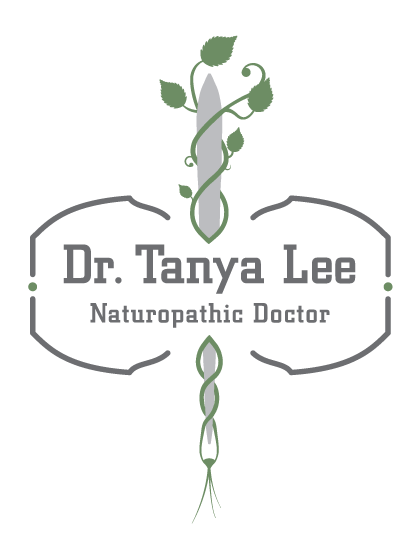
Hair loss is something a lot of people struggle with and it’s caused by a multitude of factors. Some of the most common are hereditary factors, aging, medication, hormone changes, and diseases like Alopecia areata. One of the less obvious factors involved in hair thinning is the disruption of the digestive process.
Your body needs certain molecules in order to grow hair. So, hair loss can be one of the consequences of any serious digestive problem. Afflictions like Irritable Bowel Syndrome (IBS) or Inflammatory Bowel Disease (IBD) can impede digestion. This means that your body might not get the proper nutrients it needs from the food you eat. Not having the necessary nutrients means no building blocks for hair growth.
In this article, we will discuss how your gut health can play a role in hair loss, and explore some of the ways you can improve your hair and scalp health. Read on to find out more.
How Can Gut Health Affect Hair Loss?

Your hair is made out of protein, lipids, water, and some trace elements. But the process of hair growth requires a lot of energy and involves other important elements, such as hormones, minerals, and vitamins. If the body doesn’t have sufficient quantities of any element involved in this complex process of hair growth, then hair loss may become a real threat.
Your body gets all the nutrients it needs in order to function by digesting food. Everything you eat ends up in your digestive tract. Once there, your enzymes and gut bacteria break it down into simple elements that are absorbed and transported for further processing or immediate use. This is why any digestive problems may indirectly lead to hair loss.
How Poor Gut Flora Can Lead to Hair Thinning
Getting the proper nutrients out of food requires having a functioning digestive tract and a healthy gut flora. The bacteria and microbes in your gut are essential for the production of certain elements like amino acids, triglycerides, and vitamins (B1, B9, B7, B2, B5, K). Some imbalances in gut bacteria are also associated with diseases like IBD.
A healthy gut flora represents a true ecosystem with a diversity of over 400 species of microorganisms. Most of these bacteria live in the large intestine, and they play an important role in digestion and the general health of the body, like protecting against harmful microbes. The balance between these types of germs is essential to our health, and any imbalance can lead to problems like colon cancer, and liver fibrosis.
Unhealthy gut flora may cause disruptions in the process of food digestion and absorption. So even if you eat the right things, your body may not be able to extract the molecules it needs. This can, in turn, lead to deficiencies in certain elements the body uses to grow hair. It seems that gut bacteria and hair loss are interconnected. Studies have shown that improving a patient’s gut may stimulate hair growth in patients with Alopecia areata.
The Link Between Gut Permeability & Hair Loss

After being digested, the micronutrients obtained from food have to pass through the intestinal wall and into the bloodstream or the lymphatic system. The intestinal wall represents a barrier between the billions of bacteria and the rest of the body. But this barrier has to be permeable to allow nutrients to pass.
A change in diet, gut bacteria, or inflammation in the intestine can alter the permeability of the intestinal wall. While there is no direct relation between gut permeability and hair loss, changes in the intestinal wall disrupt the digestive process and impede the absorption of nutrients. And without the proper nutrients, hair growth is slowed down or stops entirely.
How Malabsorption can Lead to Hair Loss
Nutritional deficiencies can be a consequence of poor diet choices, or they might be a consequence of malabsorption. In certain pathological situations, even if you’re eating healthy food, your body might not be able to break down and absorb the nutrients from the digestive tract.
Malabsorption can be a consequence of certain food type intolerance, local inflammation, bacterial overgrowth, autoimmune diseases of the digestive tract, or parasites. There also appears to be a strong correlation between hair loss and patients who undergo sleeve gastrectomy procedures. This type of intervention may cause malabsorption of micronutrients like zinc and iron, both of which are necessary for hair growth.
In periods of nutrient deficiencies, your body uses all its resources to keep your organs functioning properly. A process like growing hair is not a priority, so your hair might take longer to grow or it can start to thin out.
IBS (Irritable Bowel Syndrome) and Hair Loss
Irritable Bowel Syndrome or IBS is a chronic medical condition that affects over 7% of the general population. Symptoms like pain, bloating, diarrhea, and constipation can severely affect life quality for patients and are often associated with the disruption of the digestive process.
There is no primary cause for this disease, but factors such as intestinal infections, parasitosis, alterations in serotonin levels, gut flora imbalances, and psychosocial factors have been associated with IBS. The effects of IBS are often local inflammation, food sensitivity, and carbohydrate malabsorption.
One study has shown that patients with IBS have reported hair loss, hair thinning, and brittle hair as part of the accompanying non-digestive symptoms.
IBD (Inflammatory Bowel Disease) and Hair Loss
Inflammatory Bowel Disease or IBD is a term that includes Crohn’s disease, Ulcerative colitis, and other noninfectious inflammations of the bowel. The main factor associated with IBD is an overreaction of the immune system to the normal gut flora.
Symptoms can vary, but most patients report abdominal pain, diarrhea, rectal bleeding, weight loss, and fatigue. Hair loss in patients with IBD is associated with nutritional deficiencies and adverse reactions to medication. Recent studies have also uncovered shared risk factors with Alopecia areata and Inflammatory Bowel Disease.
How to Improve Hair and Scalp Health

Change Your Diet to Improve Hair Health
You can improve your hair’s health and prevent hair loss caused by nutritional deficiencies by changing your diet. Changing your diet enables you to provide your body with the nutrients it needs to grow hair.
Some of these nutrients are the actual building blocks, such as proteins, and others like zinc and iron are necessary for the chemical reactions taking place inside the cells that synthesize the hair fibers.
- Protein – this is an important nutrient in any diet and you can get it from animal and vegetable food sources. Some healthy sources of protein are meat, fish, eggs, dairy products, whole grains, and legumes like lentils, beans, soybeans, peas, and peanuts.
- Omega 3 fatty acids – are considered essential fats because the body can’t produce them on its own, which means that you must acquire them from food. They are part of the cell membrane, and your body uses them for proper cell function and the synthesis of important molecules, such as hormones. Fatty acids are also important for skin and hair health. Great sources for Omega 3 fatty acids are fish and other seafood, nuts and seeds, and plant oils (canola oil, soybean oil, flaxseed oil).
- Vitamin B12 – or cobalamin is an important factor in cell replication. This vitamin can be found in abundant quantities in meat, fish, dairy, and eggs. Unfortunately, people with vegan diets are predisposed to B12 deficiencies.
- Iron – deficiencies in this mineral are quite common, the main causes being blood loss or insufficient dietary intake. Some important iron sources are red meat, liver, nuts, fortified cereals, dried fruits (apricots), and beans.
- Zinc – an important mineral involved in many chemical reactions in the body, involved in the functioning of the immune system, and known to support hair growth. Some important zinc sources are oysters and other types of seafood, meat, dairy products, peas, beans, pumpkin seeds, and oatmeal.
- Glutathione – General hair loss is often associated with low glutathione levels. Supplementing your glutathione consumption can help prevent or treat hair loss.
How Stress Can Lead to Hair Loss
Stress can have severe effects on a person’s health by causing both psychological and biological damage. Stress can damage the autonomic nervous system and affect the immune system. It can also play a role in the pathology of various diseases like Irritable Bowel Syndrome and cause alterations in the body’s hormone balance. All of these factors may have a negative effect on hair growth.
- Regular exercise may help protect against the harmful consequences of stress and have positive effects on the circulatory system and metabolism. Studies also show that physical exercise has antidepressant and anxiolytic effects.
- Aromatherapy might also be a great way to manage stress levels. One study has shown that aromatherapy can reduce stress, anxiety, and reduce pain. Its effects will probably be more powerful if paired with sessions of mindful meditation.
- Having unhealthy sleeping habits can cause insomnia and amplify the effects of stress on the body. Getting enough sleep and having good sleep hygiene are essential practices for stress level management.
Other Methods to Treat Hair Loss
- Probiotics are made of live yeast or bacteria. You can take probiotic supplements as a way to add good bacteria to your body. Your doctor might recommend probiotic supplements after antibiotic treatments. Studies have shown that there might be a connection between the administration of probiotics and hair growth. One clinical study has shown the improvement of hair counts, hair thickness, and hair growth in patients with androgenic alopecia.
- Limiting hair product use can be beneficial to your hair health. Most products like shampoos contain a lot of chemicals that can dry out your scalp and hair if used too often.
- Using brushes and combs on your wet hair can damage hair fibers. When you’re drying your hair with a towel, try to be gentle and use patting motions instead of a vigorous scrub.
- Avoid pulling out your hair with rough combing or tight hairstyles such as braids, buns, or ponytails. Using very tight hair ties can damage the hair fiber and hair follicles.
- Try to limit the use of curling irons, straightening irons, hot rollers, or hot oil treatments. High temperatures can be very damaging for the hair fiber, and it may cause irreparable damage to your hair.
Conclusion
Hair loss is a condition that affects both men and women, and often has a huge emotional impact on those who are affected. It can be caused by a multitude of factors, and some of them are related to digestive tract issues. Any disturbance in the digestive system has the potential to cause a deficiency in the nutrients your body needs in order to grow hair.
Hair loss may be prevented with proper care for gut flora health, eating a healthy diet, and managing stress.
Most importantly, make sure to consult a medical specialist. Get assessed by a Naturopathic Doctor to find the root cause for your condition with natural medicine solutions.
Would you like to treat or prevent hair loss through nutritional support? We can help!
Annex Naturopahic’s specialists can help you identify the root of your hair loss problem and recommend diet changes that can help you keep your hair looking great.
